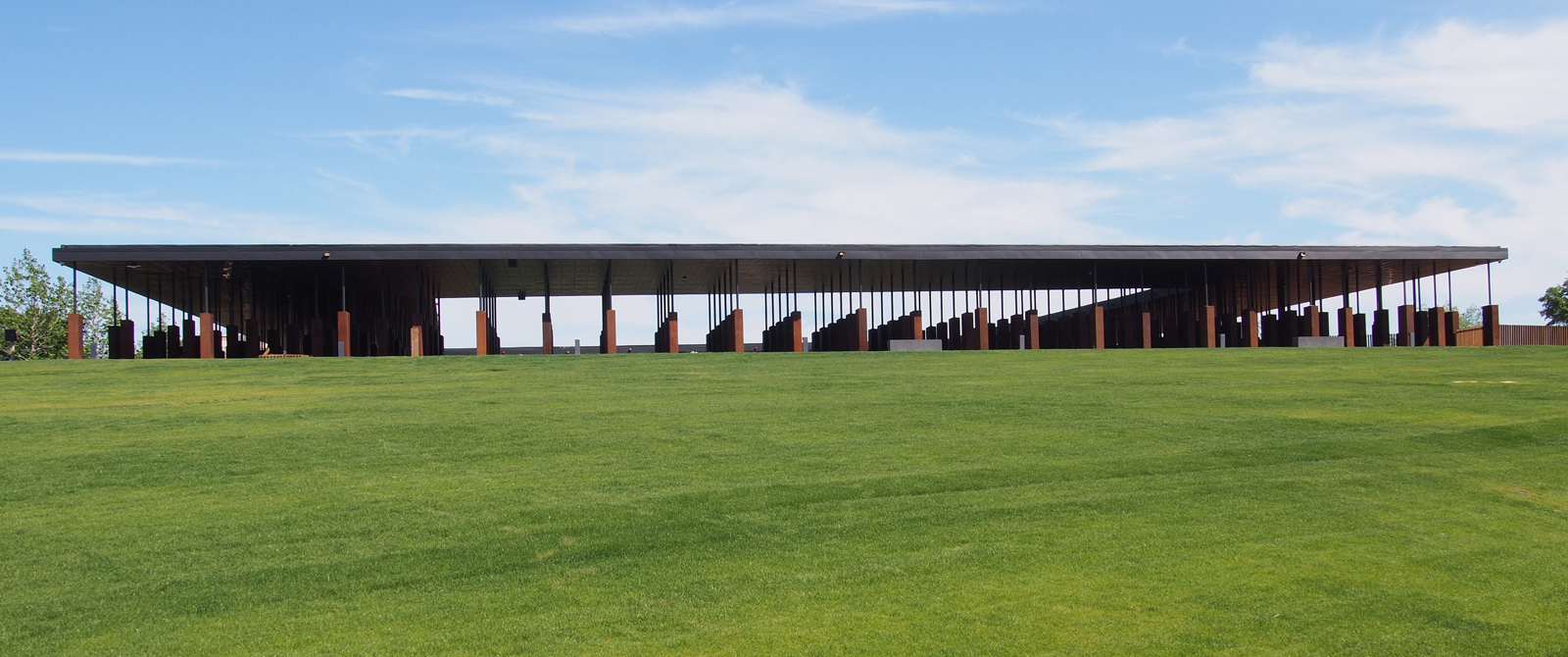Featured
More Than 120 Years in the Making, Emmett Till Anti-Lynching Bill Heads to the Oval Office

Matt Mixon’s daughter steered his wheelchair through the National Memorial for Peace and Justice in Montgomery, Alabama, carefully navigating under the canopy of rusted blocks of steel bearing the names of Black Americans who had been lynched. Rain fell steadily as did the tears of many who gazed in disbelief at the memorial that hung overhead.
“I was with a group of 100, and we were silent,” Mixon said.
Mixon, wheelchair-bound after suffering a recent fall, visited the Memorial with his daughter and son-in-law who joined other members of Glide Memorial, a San Francisco church considered one of the most liberal in the country, for its second trip to the Memorial.
For Mixon, the trip was deeply emotional.
“I couldn’t find the names in the rain of two of my uncles who were lynched in July 1895 in Arkansas and one of my cousins from a different state,” the former television executive shared.
Mixon’s uncles were lynched in Harrell, a small town, after one of them, Jack Ware, loaned his new shotgun to a man who said he wanted to kill some “varmints”. Instead, the man used Ware’s gun to kill another man and left it behind at the crime scene. Townspeople knew the gun belonged to Ware.
Mixon recalled, “They came looking for my uncle…his brother said, ‘I can’t let you take my brother’, and they said, ‘Fine, we’ll take you, too.’”
The brothers, Jack and Jim, were arrested and locked in the local jail. According to Mixon, the sheriff turned the mob away the first night they wanted to lynch them. The next night the sheriff handed over the keys.
“They took my uncles out, and they hung them not far from the jail,” Mixon said.
A 200-dollar reward was offered for information about the “vigilantes”, but no one came forward. Newspapers from Arkansas to California reported the lynchings. And, Mixon’s family never forgot.
More Than 100 Years
Last month the House of Representatives passed its version of the Emmett Till Anti-Lynching law, named after the Chicago teenager who was lynched in 1955 who allegedly made an inappropriate comment to a white woman while visiting relatives in Mississippi. Illinois Congressman Bobby Rush introduced the legislation in the House. The Senate passed similar legislation last year which was introduced by Senators Kamala Harris, Cory Booker, and Tim Scott who are the only Black U.S. Senators. The legislation will now head to President Trump, and he is expected to sign it.
The first attempt to pass federal legislation making lynching a crime was introduced in 1900 by Congressman George Henry White, a Black Republican from North Carolina. Over the years, numerous efforts to pass an anti-lynching law were stymied or shelved. Journalist Ida B. Wells and the NAACP pushed for legislation, but to no avail.
Mr. Rush said, “The importance of this bill cannot be overstated.”
The Arkansas Justice and Peace Memorial Movement, which works with the Equal Justice Movement to preserve the narratives and physical locations of lynchings in the state by collecting soil samples for housing at the National Memorial for Peace and Justice.
“Being that it took over 100 years to get to this point where both the House and the Senate have passed such legislation is bittersweet,” co-founder Clarice Abdul-Rey said in a statement. “Now, it is more of a symbolic piece of legislation. But, its passage does help to bring awareness to the dark and difficult past that we as a people can no longer deny nor hide.”
Mixon also questions the century-long attempt to pass a federal law criminalizing lynching.
“I’ve never understood it,” he remarked. “It’s a basic moral position that should be easy to affirm. Why does it take 100 years to ratify that movement?”
The tragically violent lynchings of his uncles became family lore passed from generation to generation. A white neighbor’s warning saved Mixon’s grandfather, Jerry Ware, from a likely lynching after he beat three white boys who attempted to take his wagon. Ware fled Mississippi for Milwaukee and exactly one year later, he sent for his wife and four children which changed the trajectory of the family and cemented Milwaukee as Mixon’s hometown.
Mixon has rejected anger as the answer to the stunning injustices, saying, “There was just this big package of injustice that Black folk had to deal with. They moan, and they mourn, and they move on. What really surprises me is that neither of my parents taught me how to hate white people when they both had things happen to them and their families…I grew up without a sense of all the wrongs they had witnessed.”

-

 Featured10 months ago
Featured10 months agoCalifornia Is the First State to Create A Public Alert for Missing Black Youth
-

 Featured9 months ago
Featured9 months agoAfrican American Leaders Stay the Course Amid Calls for President Biden To Bow Out of Race
-

 Featured10 months ago
Featured10 months agoThe Debate Fallout Lands on Both Candidates
-

 Featured9 months ago
Featured9 months agoPresident Joe Biden Decides to Withdraw from the Presidential Race
-

 Featured9 months ago
Featured9 months agoIn One of His Final Speeches as President, Biden Says It’s Time for ‘Fresh Voices’
-

 Featured9 months ago
Featured9 months agoPresident Joe Biden Describes Shooting of Donald Trump As ‘Sick’

